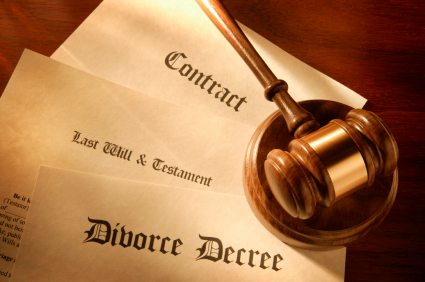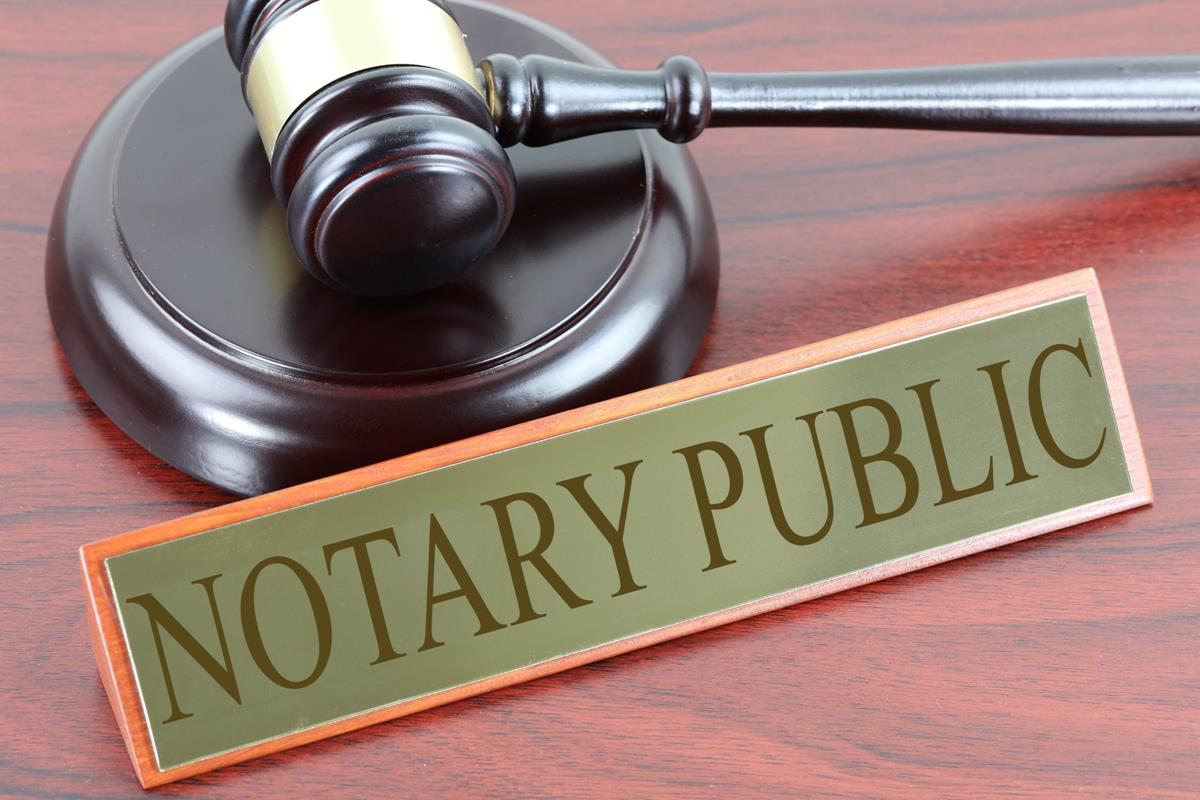
Does notarizing a document make it legal?
Notarizing a document does not, by itself, make the document legal or enforceable. Instead, notarization serves several specific purposes:
- Authentication: Notarization verifies the identity of the signer and confirms that they signed the document willingly and knowingly. This helps ensure that the document was executed by the person it purports to be from.
- Prevention of Fraud: By requiring the notary to witness the signing and verify the signer's identity, notarization helps prevent fraud and unauthorized document execution.
- Record Keeping: The notary maintains a record of the notarization, which can serve as evidence of the notarization if it is ever questioned later.
However, the legal effectiveness of the document depends on its content and whether it complies with applicable laws and regulations. For instance:
- Contractual Documents: The enforceability of contracts or agreements depends on the terms of the document and whether it meets legal requirements for contracts in the relevant jurisdiction.
- Legal Documents: Documents such as wills, deeds, or powers of attorney must comply with specific legal requirements beyond notarization to be valid.
In summary, notarization adds a layer of verification and authenticity but does not, on its own, guarantee that the document is legally binding or enforceable. The document still needs to comply with the relevant legal requirements to be considered valid.


